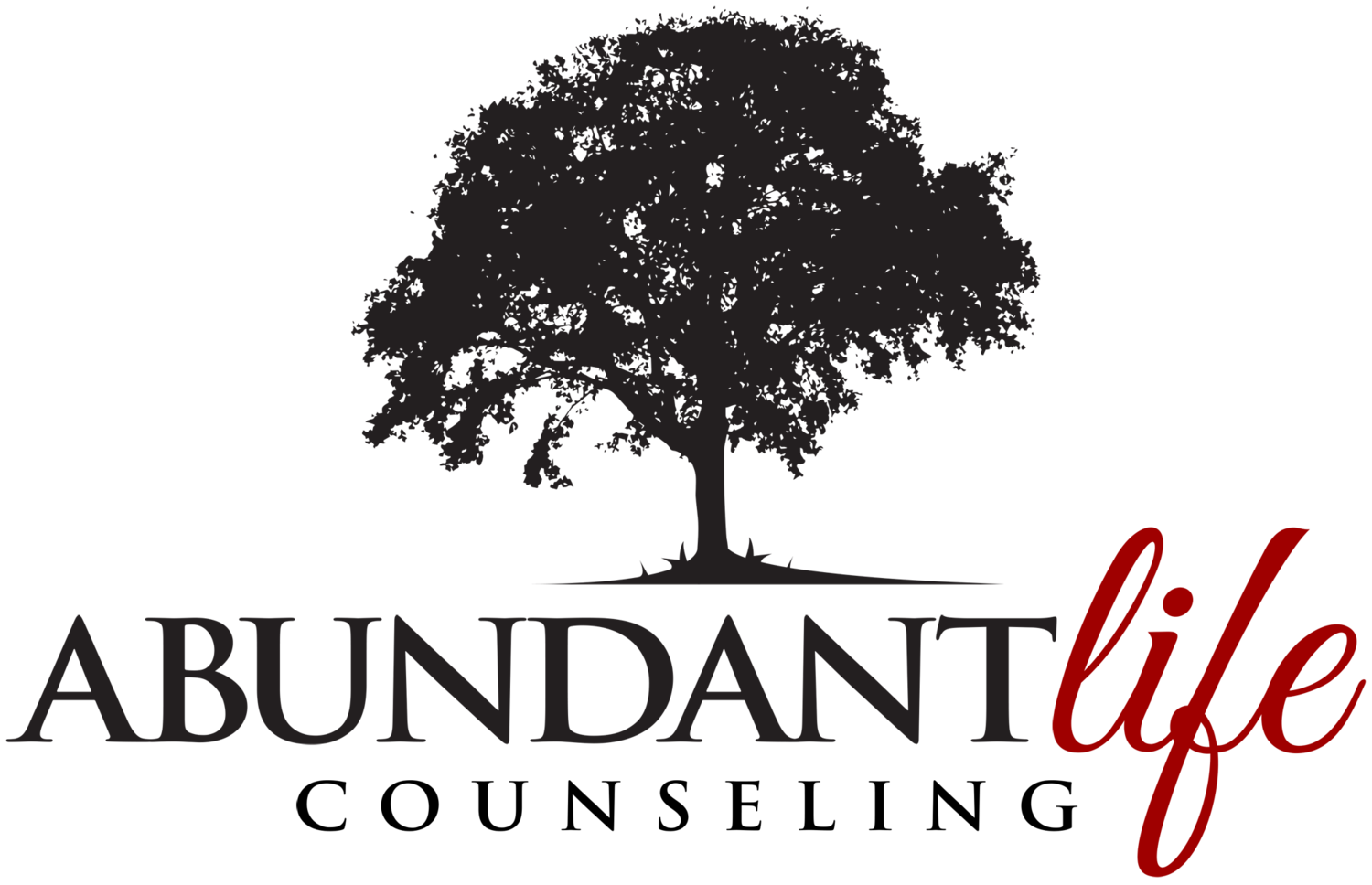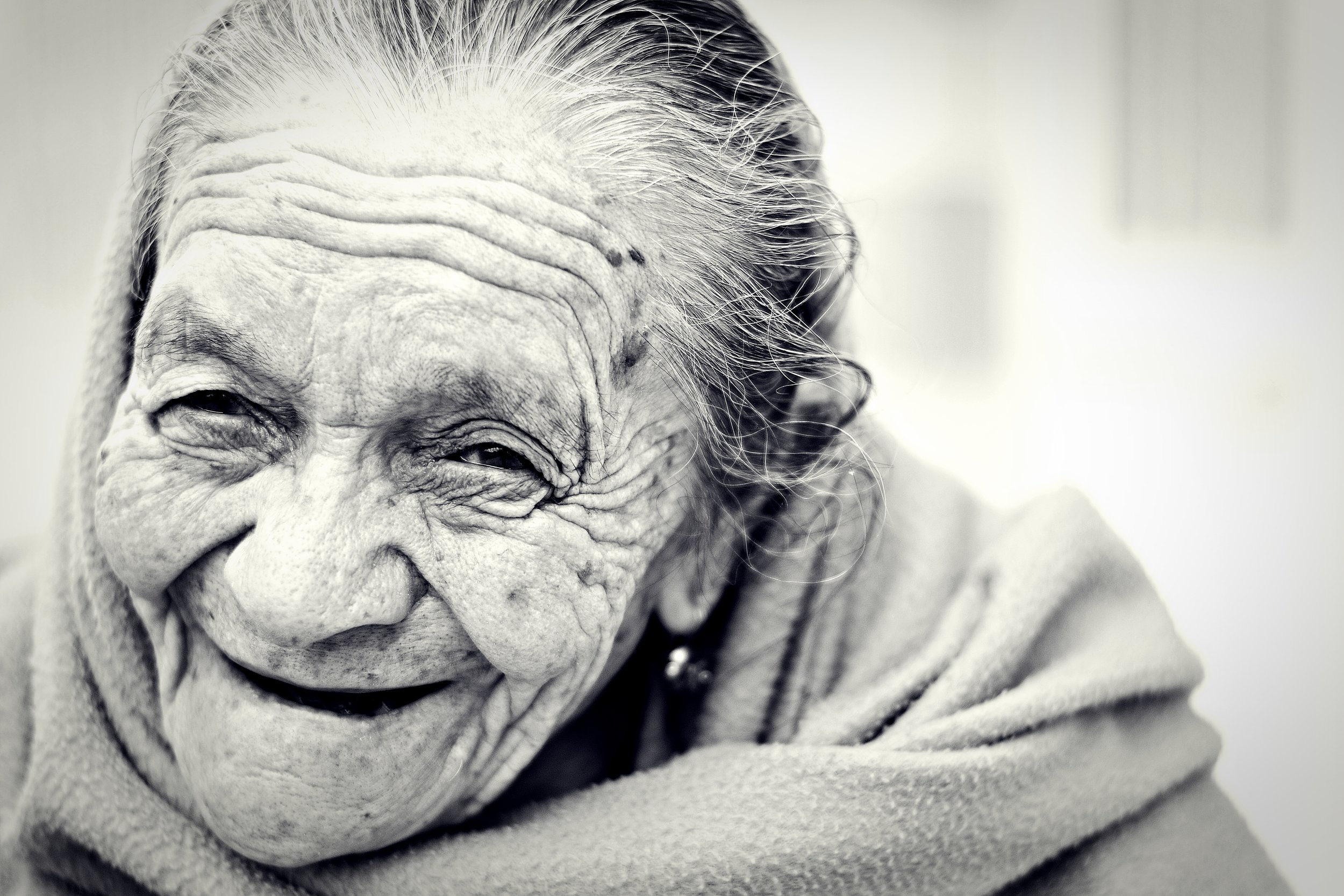In the world of psychology and mental health, we are really good at defining what is wrong with us, but what does it look like to be right, healthy, or whole? Would we know it if we saw it? Are there degrees of wholeness? Does wholeness look the same for you as it does for me?
Wholeness is a complex issue because it involves all of what makes us human - Mind, body, soul, emotions and relationships. None of these can be scientifically studied in a vacuum, put under a microscope or dissected. You may argue that we can dissect the body and look at it on a molecular level, and you’d be right. Does this give us accurate or complete information about how the body interplays with the soul or emotions? I’m not so sure.
“Wholeness is our capacity to experience health as transcending all limitations while accepting them, overcoming this virus of perfectionism which keeps us locked into an imaginary world rather than the real world...it is paradoxically in accepting (limitations) that we can transcend them.”
The Mindset of Wholeness
Because the subject of wholeness is so immense, I’d like to start by considering just 3 parts of what it means to be whole:
1. How we see ourselves - The whole person is able to see themselves truthfully and accept his/her limitations as well as areas of personal excellence. This requires relational feedback and personal reflection. The whole person doesn’t only see themselves in a positive light. They are able to see their flaws, idiosyncrasies and sin. Rather than self-condemnation in their shortcomings they are able to embrace themselves with acceptance and grace. The whole person also recognizes that they have blind spots. They are committed to self-compassion and curiosity in the areas of the unknown. For some people, accepting the negative is easy but it’s more difficult to accept the good. The whole person is able to integrate both the good and bad as part of reality.
2. What we do with how we see ourselves - The whole person moves toward improving our limitations and shortcomings and utilizing areas of personal excellence. This is not a striving for perfection. A whole person rests in who and where they are in life, while seeking personal growth for the benefit of self and others. There is a resting in each moment because perfection is not the goal and one never arrives at a place of perfection. Each moment is good even though we may experience pain and brokenness in the moment. There is a greater story being written, and the imperfections of life make it beautiful - but I’m getting ahead of myself as I begin to delve into the spirituality of wholeness...more on that later.
3. What we do when we go “backwards” - In case you missed it, life is not a steady improvement in the right direction. A whole person will have pain, struggle and broken relationships. Wholeness is not dependent upon our circumstances. A whole person is able to find comfort within the discomfort of life.
We all want to feel whole. It cannot be attained. Often, the harder we try to become whole the more we experience our brokenness. Wholeness must be realized and therefore received. It is a gift of God, and free of cost to any who would ask. There is so much more that can be said on wholeness. In my next post I’ll give some thoughts on wholeness and spirituality.
- Josh Grover MA, LMHC




